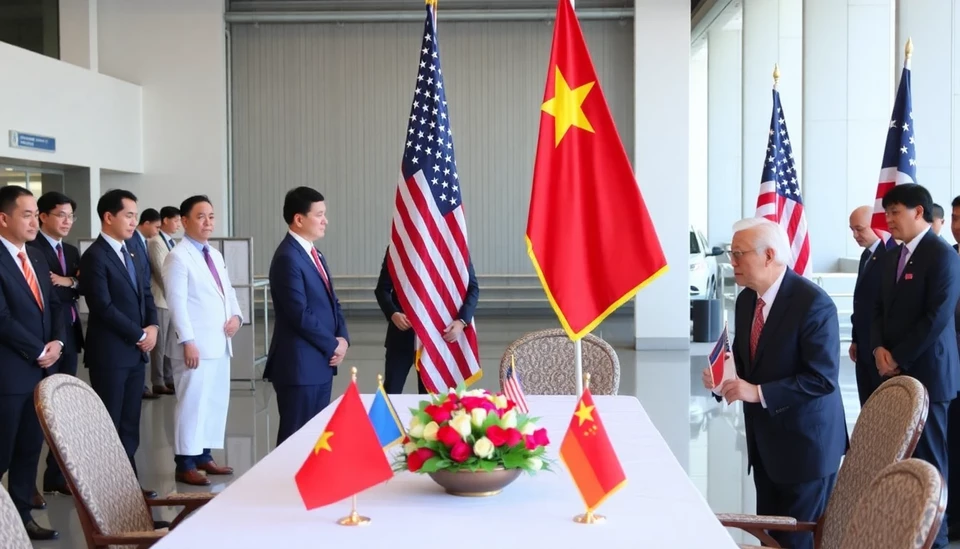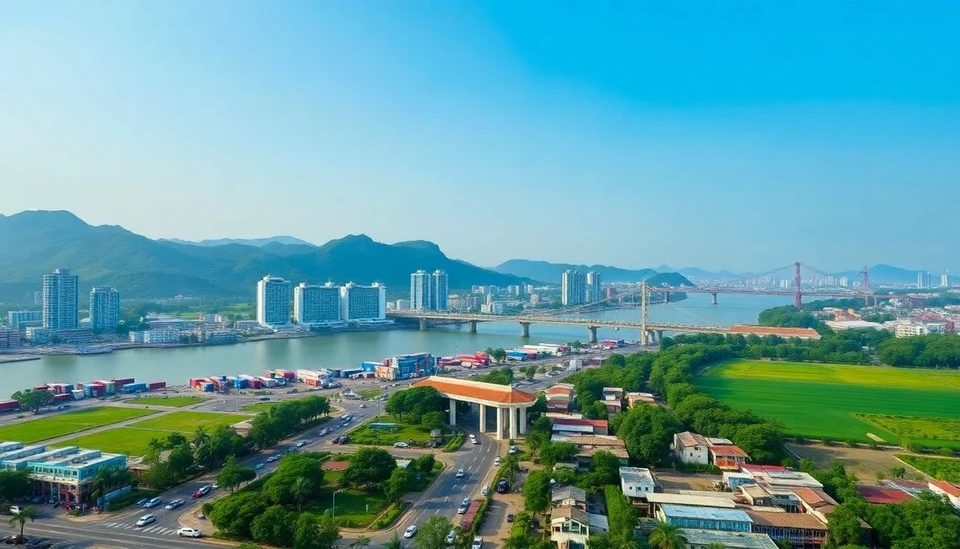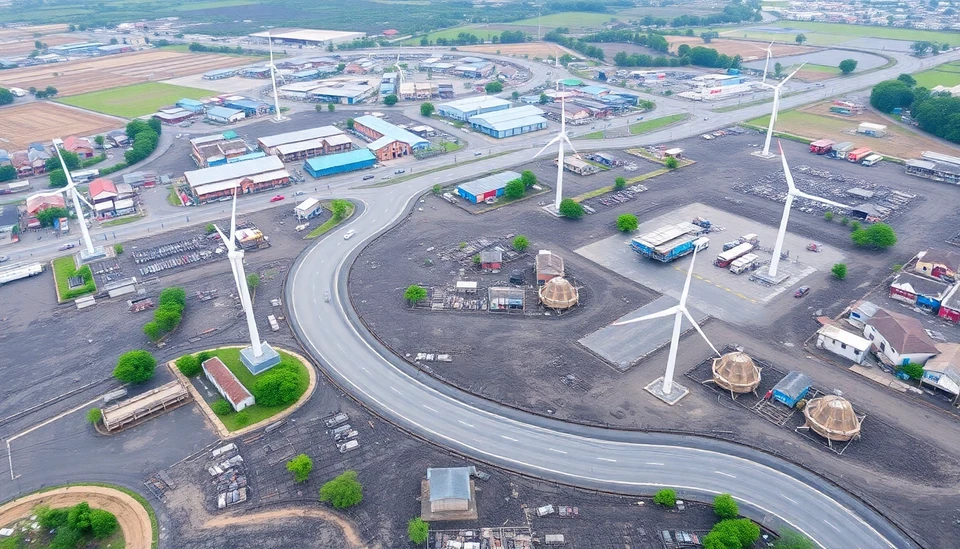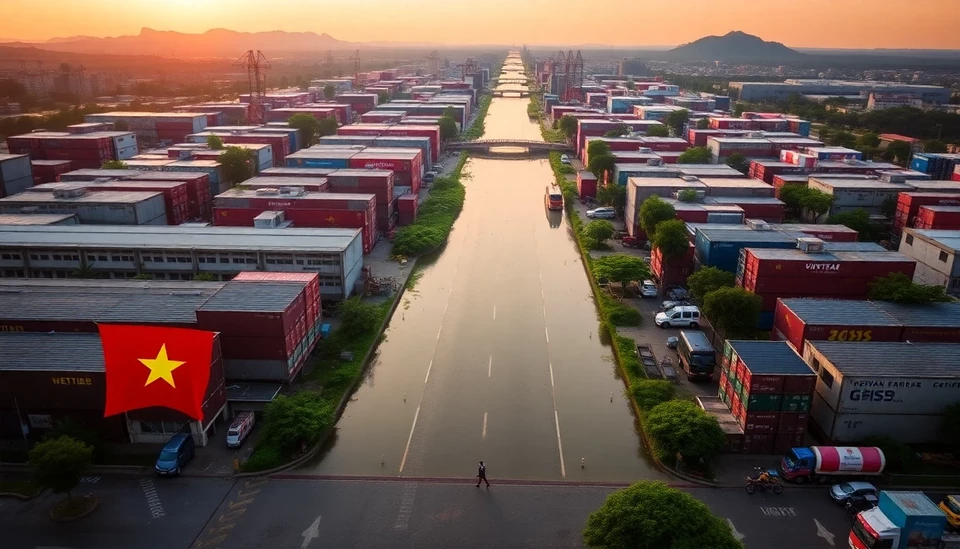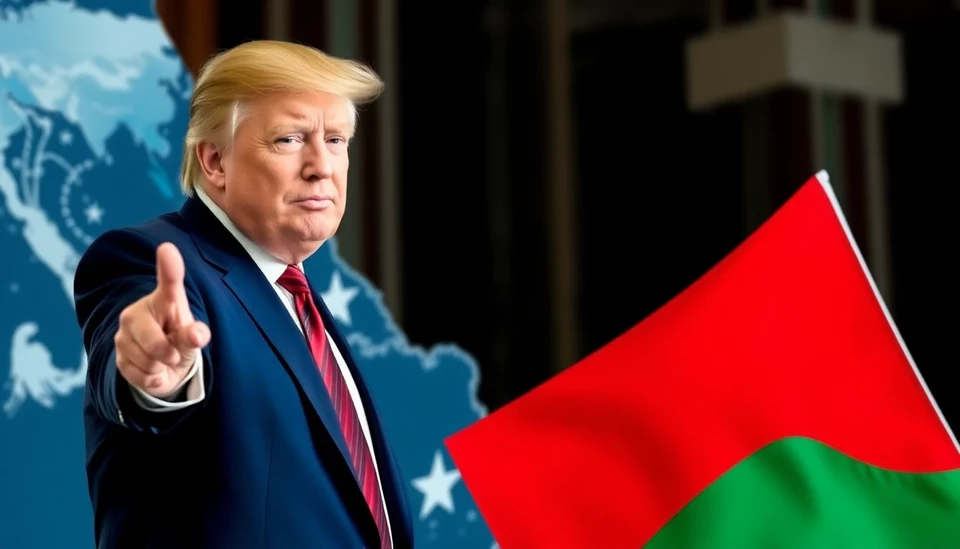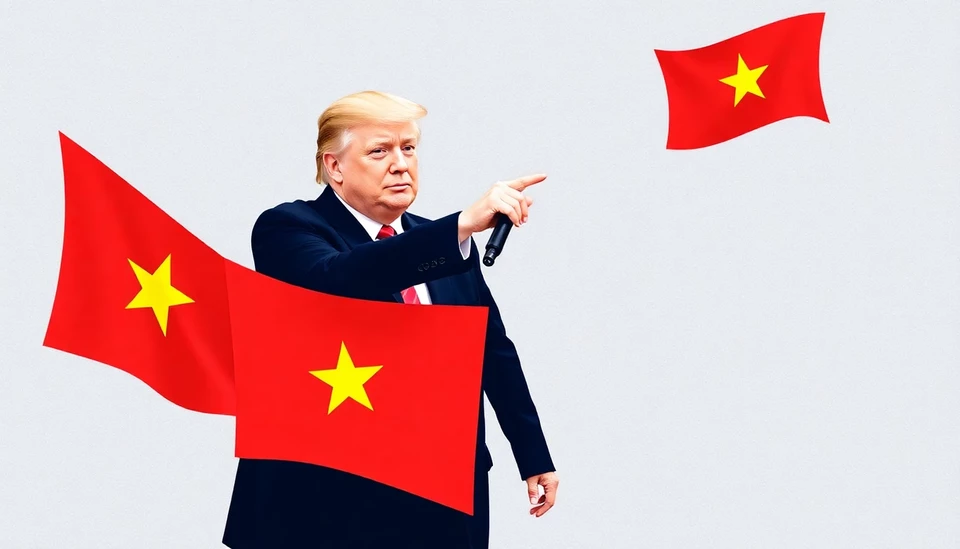
In a significant turn of events, Vietnam's attempts at maintaining favorable trade relations with the United States have been thwarted by the imposition of steep tariffs under the Trump administration. Despite Vietnam's extensive diplomatic efforts, the announcement of these tariffs signals a challenging chapter for the Southeast Asian economy.
In recent months, Vietnamese officials have engaged in a concerted 'charm offensive' aimed at pacifying concerns from Washington about trade imbalances and alleged currency manipulation. The government sought to bolster its relationship with the U.S. through a variety of initiatives, including high-level meetings, trade negotiations, and reaffirmations of their commitment to fair practices. However, these efforts have fallen short of affecting U.S. policy favorably.
The tariffs, which could reach as high as 25% on a variety of imported goods, are expected to significantly impact not only Vietnam's export economy but also ripple through global supply chains. As a country that has rapidly integrated itself into international trade networks, the consequences of such tariffs would be felt both domestically and abroad. Industries ranging from textiles to electronics are bracing for a tough transition as costs are likely to increase, putting strain on both producers and consumers alike.
Economists have expressed concerns about the potential backlash from the tariff measures, suggesting that while the U.S. seeks to protect its domestic industries, the long-term effects could be detrimental to the Vietnamese economy's growth prospects. In 2023, Vietnam was one of the fastest-growing economies in Asia, benefiting from an influx of foreign investment seeking to diversify supply chains away from China.
The current administration's focus on prioritizing American jobs and products is seen as a political maneuver ahead of the upcoming elections, with many domestic industries clamoring for protection against foreign competition. This scenario complicates Vietnam's trade position, which had previously been enhanced by extensive trade agreements, including the Comprehensive and Progressive Agreement for Trans-Pacific Partnership (CPTPP).
Moreover, analysts worry that the imposition of these tariffs could lead to retaliatory measures from Vietnam, further escalating tensions in what has already been a fraught trade climate. The U.S. and Vietnam have a complex relationship, intertwined with history and emerging geopolitical considerations amid China's growing influence in the region. Finding a resolution that maintains mutual respect and collaboration is now more crucial than ever.
As Vietnam navigates this precarious situation, there is a call for strategic reforms and increased resilience within its economy. The government may need to reevaluate its economic policies and approach in light of the tightening U.S. trade environment to stabilize its economic trajectory moving forward.
Ultimately, the forthcoming months will be critical as Vietnam confronts the challenges posed by these tariffs while seeking to redefine its place in the global economy amid changing geopolitical dynamics. The road ahead may be rocky, but Vietnam's leaders are tasked with finding pathways to not only adjust to these realities but emerge stronger in the long run.
#Vietnam #Trade #Tariffs #TrumpAdministration #Economy #GlobalTrade #Diplomacy #SupplyChain #CurrencyManipulation #CPTPP
Author: Daniel Foster
